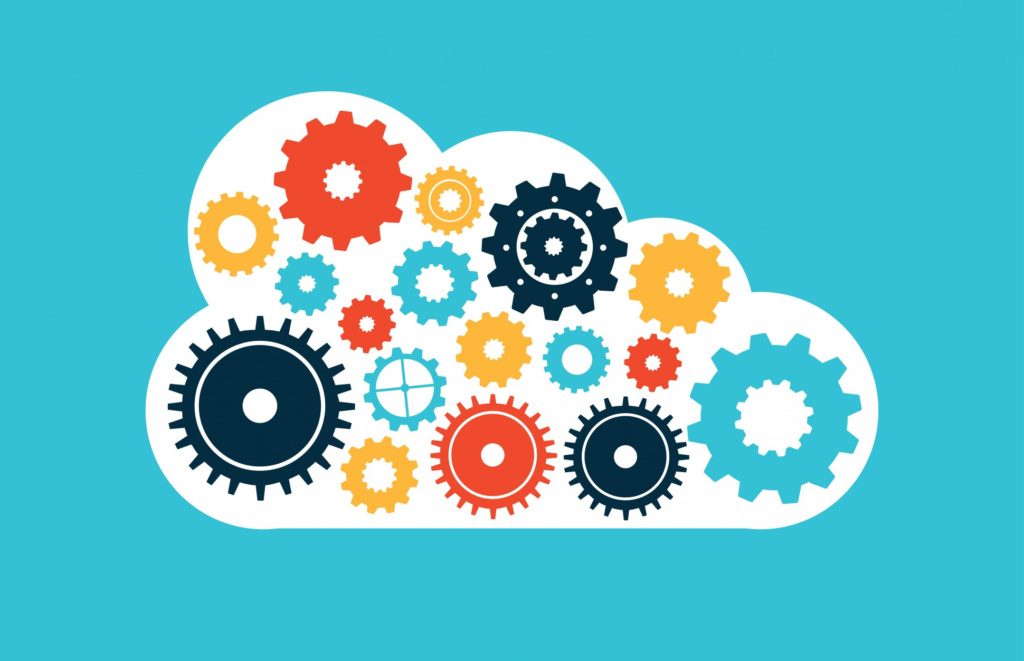Many Enterprises find that when their use of Atlassian tools reaches a certain point, maintaining their Atlassian applications becomes critical to their business. Downtime or poor performance is unacceptable, costly, and can affect productivity.

As Elasity is one of the first of its kind, it leaves many people asking “What is Elasity”…or “How does Elasity work”. To help explain how organizations using Atlassian can benefit from Elasity, we’ve listed the top 10 questions about Elasity that are frequently asked by our customers, so you can better understand how to leverage Elasity to manage your Atlassian suite.
1. What is Elasity?
Elasity It is the most flexible & secure Managed Cloud Hosting Platform for Atlassian in the world. It was launched by iTMethods, an Amazon Web Services (AWS) Advanced Consulting Partner and Managed Service Provider (MSP). With Elasity, customers can run their Atlassian products, add-ons, and integrations however they’d like, while allocating internal resources to high value activities that support and drive your business. Further, Elasity allows you to:
- Run Atlassian Server and/or Data Center Applications on AWS
- Support 3rd party add-ons & custom integrations
- Integrate easily with your security & SSO requirements
- Stress-free Atlassian maintenance and upgrades
- Increase agility – adopt new Atlassian functionality more quickly
2. What does it mean to ‘control my Atlassian suite’?
Elasity enables full control of the Atlassian suite by supporting any combination of Atlassian Server, Atlassian Data Center, and add-ons. The customer has full control over its deployment as it includes an individual VPC, without any shared infrastructure or multi-tenant. Customers gain better control over their compliance, as best practices are baked into the Elasity solution.
3. Does Elasity support Atlassian Data Center?
Yes! Announced at the most recent Atlassian Summit in October 2016, Atlassian officially supports Data Center license deployments on AWS. Since Elasity is the Managed Atlassian Cloud on AWS, Elasity also supports Data Center deployments on its platform. Supported Atlassian applications for Data Center include:
4. How is running Atlassian Data Center products on Elasity different from running Atlassian Server?
There are many factors that differentiate Atlassian Data Center and Server, but the main ones are as follows:
Better performance – Data Center offers high performance with multi-node vs a Server deployment with a single node.
High Availability – Data Center provides active-active clustering, which means clusters multiply active servers to ensure uninterrupted access to critical applications in the event of a hardware failure. It also distributes the load across your Data Center cluster using Amazon’s Elastic Load Balancer (ELB) for high performance and scale. This also means that there is zero downtime when it comes to upgrades.
Disaster Recovery – Data Center provides the ability to have “cold standby” disaster recovery. It uses share application indexes from the production instance with disaster recovery backup & a copy data base. Elasity also leverages AWS’ 14 global regions for multi-region failover. In addition, Elasity offers disaster recovery rehearsal services for customers that have specific DR requirements.
Instant scalability – With auto-scaling and Amazon’s Elastic Load Balancer (ELB) to automatically direct traffic to the different nodes, new nodes can join the cluster without downtime. Existing nodes automatically synchronize indexes and plugins with each new member.
5. Does Elasity offer fully managed upgrades, patching and maintenance?
Yes, our Elasity Support Services (ESS) include maintenance and upgrades and are conducted on a quarterly basis. Meaning your weekends won’t be lost to doing your own upgrades anymore- we have you covered.
6. What Single Sign-On (SSO) platforms does Elasity support?
Elasity supports SSO platforms including Active Directory (AD), Okta, OneLogin, Crowd, etc.
7. Does Elasity restrict any plug-ins and/or add-ons?
Elasity supports all Atlassian Server and Data Center add-ons. However, we recommend testing new add-ons in the staging/maintenance environment before pushing to production. Elasity also offers the option for staging and testing environments for enhanced QA.
8. Can Elasity integrate with other systems that are non-Atlassian products?
Yes, we can configure Elasity to integrate with non-Atlassian applications, such as Jenkins and GitHub as well as other services within AWS via VPC peering. We are constantly looking at ways to enhance and improve the Elasity offering.
9. What if I want to add additional Atlassian applications/add-ons or increase user tier on Elasity in the future?
Elasity is a fully automated and scalable managed solution. Tell us what you need to upgrade or add and we can help with the license purchase, migration, and upgrade for you!
As an Atlassian Partner, we act as your single point of contact to manage all Atlassian license management such as new purchases, upgrades, and renewals.
10. How does Elasity handle incidents? What is your SLA?
Our customers can easily raise a ticket or contact us by email. When escalated, an Elasity Support Expert will follow up with you via phone. We will normally respond to your request within an hour. For Critical SLA, we will respond within 15 mins.
You can also find our full SLA terms here
Conclusion
No matter what questions you have, we’re happy to answer them. Elasity will help your internal teams become more efficient by managing and scaling your Atlassian applications on AWS. Plus with AWS, organizations can scale up or down whenever they need to, saving you essential resources.
Excited yet? If you’re interested in hosting your Atlassian suite on Elasity, complete our form and we will provide you with a quote: https://elasity.io/quote
__________________________________________________________________________________________________________________
Read more:
- 3 Reasons You Need Atlassian Data Center - February 26, 2019
- Atlassian’s 5-Step Guide to Creating an Incident Communication Plan - November 14, 2018
- 4 Tips to Maximize DevOps Success While Ensuring Regulatory Compliance - September 5, 2018

